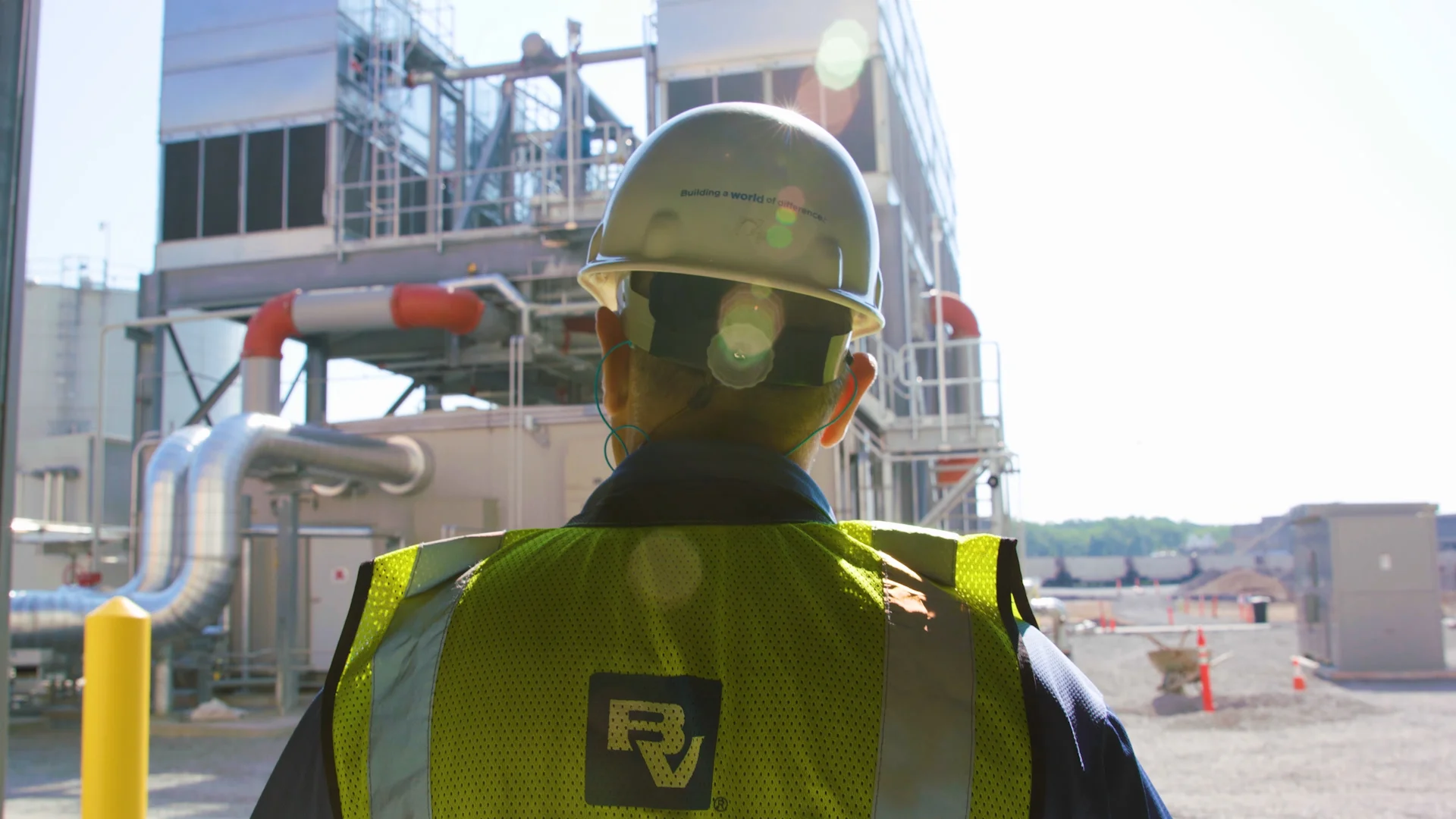Water Reuse Provides Cost Savings to City, Avocado Farmers

- Project Name
- Escondido Water Reuse
- Location
- Escondido, California
- Client
- City of Escondido
The city of Escondido, Calif., had converging challenges. It had too much wastewater and not enough potable water.
A 15-mile pipeline that carries treated wastewater from Escondido to the ocean almost overflowed during storms in 2010. More urgently, the aging pipeline was near capacity, no longer big enough to handle the city's growing needs. The estimated cost of upgrades was between $400 and $500 million.
Meanwhile, like many other cities in Southern California, Escondido needed to rely on imported water to meet its customers’ demands. It is costly and limits the city’s control over its water quality.
"Escondido needed a cost-effective solution that would be practical and not just somebody's dream," said Black & Veatch Program Manager Kevin Davis. "It had to be creative."
The answer: water reuse. Black & Veatch helped the city solve its challenges with a water reuse project that provides a sustainable water supply to the area's avocado and citrus farmers and set the stage for future potable reuse.
ㅤ
ㅤ
Expanding Water Reuse Capacity
Black & Veatch, which was hired as the program manager for the reuse program, saw that Escondido could expand its existing water reclamation system for $250 million. Expanding its water reuse capacity allowed the city to divert treated wastewater from its outfall system and defer upgrades to it while reducing the amount of wastewater going to the ocean and creating a more sustainable water supply.
“In a semi-arid climate where we don't have a lot of rain, water reuse is a compelling option. It creates a local and sustainable water supply," said Davis.
The existing water reuse facility, known as the Hale Avenue Resource Recovery Facility, or HARRF, has been delivering recycled water since 2001. Each day it takes in about 5 million gallons of wastewater, treats it and conveys it to local industrial and agricultural users.
The first step in Black & Veatch's two-phased plan is designing and building a new microfiltration/reverse osmosis (MF/RO) facility. The new facility will produce enough high-quality recycled water to irrigate 1,500 acres of avocado crops. The second step involves a new advanced water treatment plant that will produce highly purified water suitable for drinking.
In addition to creating a sustainable water supply and delaying the need for a costly wastewater system upgrade, the expanded water reuse capacity helps the city keep water prices down and gain greater control of water quality for its customers.
Construction of the pipelines and infrastructure linking the new MF/RO facility to HARRF and to farms is scheduled to begin in mid-2019. Delivery of water is expected by the end of 2020.
“On this project, and others like it, we have delivered creative solutions that can be sequenced and phased for greater cost effectiveness for clients,” Davis said. “That's a particular trait of Black & Veatch: Our teams have both the design and the planning expertise to help clients be successful."
Contact Us
Looking for a partner in innovation?
Let's Talk
